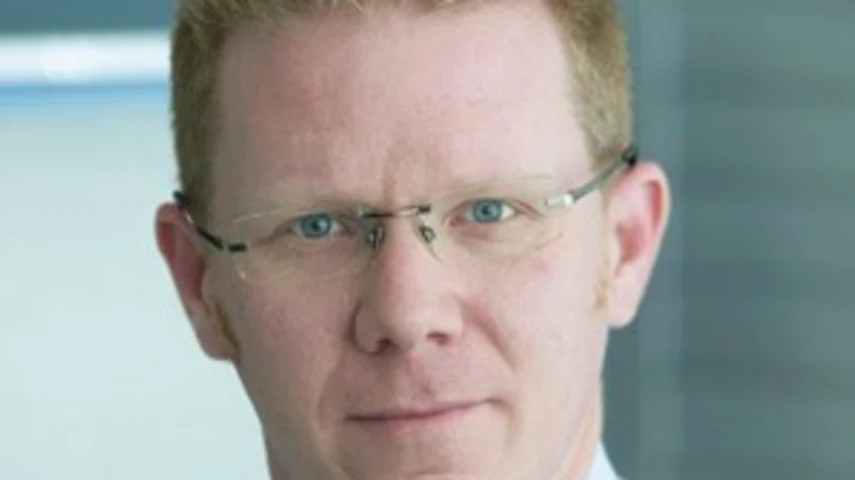ISA targets HNW super tax breaks



Industry Super Australia (ISA) has again raised the question of Australia's high net worth individuals operating Self-Managed Superannuation Funds (SMSFs) being subject to greater scrutiny over the tax breaks they receive.
ISA chief executive, David Whiteley has used an address to the Australian Workers Union national conference to point to the disparities which exist between the wealthy and Australia's low income earners when it comes to super tax concessions.
"What must be addressed is the significant cost of super tax concessions," he said. "There is a growing consensus that these concessions aren't equitable, efficient, or sustainable in their current form. Most obviously perhaps, tax on super earnings alone is set to double over the next three years."
Whiteley said the starting point for any discussion needed to be on agreeing on an objective for super and that the ISA believed it should be to provide a comfortable retirement to as many Australians as possible.
"This begins the discussion about how tax concessions can be best directed and where concessions are not meeting the policy objective, most obviously estate planning," he said. "It is inevitable, for example that the tax benefits enjoyed by high net worth individuals through self-managed superannuation funds are going to come under significant community scrutiny. This is appropriate."
Whiteley said that, by way of contrast, from 2017 low income earners, including two million working women, would lose access to any tax concessions meaning they would pay more tax on their super than they do on their take home pay — something which was deeply inequitable.
Recommended for you
The winners have been announced for the 2025 Super Fund of the Year Awards, held in Melbourne on 26 November by Money Management's sister brand Super Review.
Data and technology provider Novigi has acquired Iress’ superannuation consulting and managed services business from Apex Group.
AMP is to launch a digital advice service to provide retirement advice to members of its AMP Super Fund, in partnership with Bravura Solutions.
Unveiling its performance for the calendar year 2024, AMP has noted a “careful” investment in bitcoin futures proved beneficial for its superannuation members.









